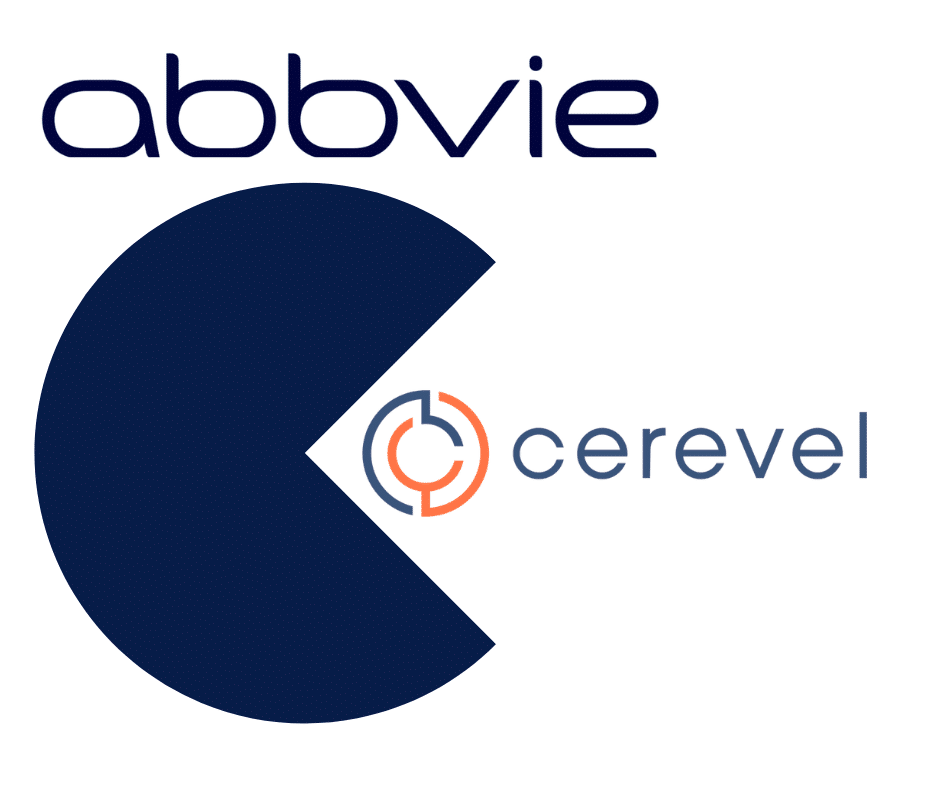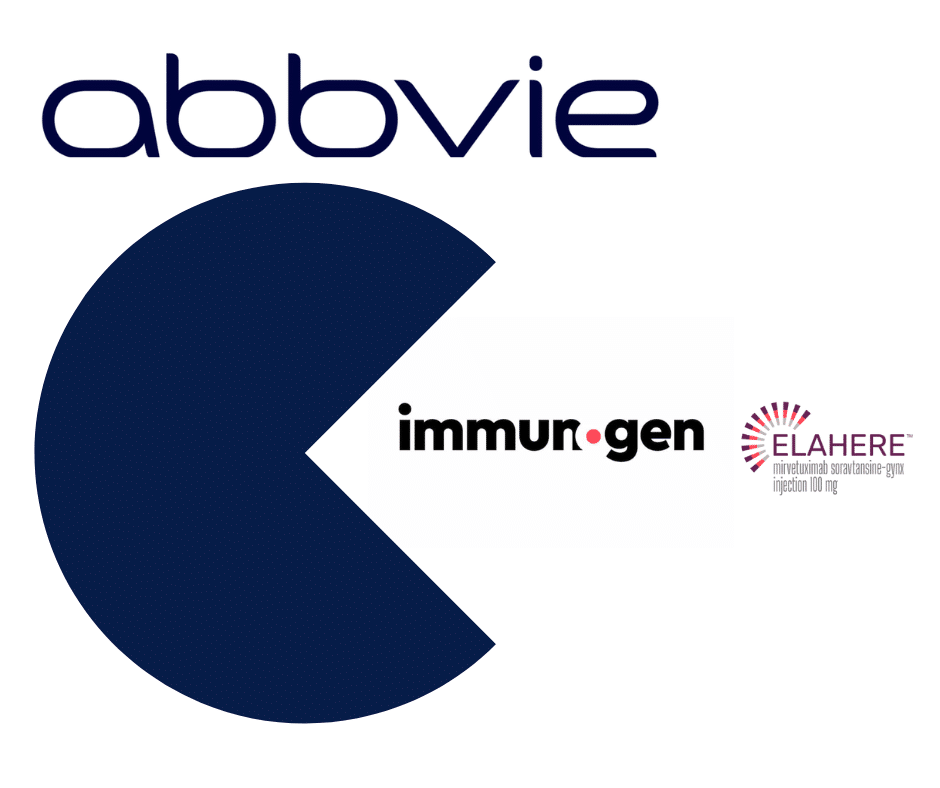At the suggestion of a colleague, I recently attended the 19th Annual Wharton Healthcare Business Conference titled “Reshaping Healthcare: Emerging Trends Changing the Face of Our Industry.” It was a full day in which five CEOs from major healthcare companies along with senior leadership from dozens of others discussed issues such as US healthcare reform, emerging markets, aging, diabetes/obesity, and personalized medicine. It was a unique opportunity to hear from and participate with individuals representing a broad spectrum of the industry. Payers, medical device, pharmaceutical, and medical institutions were all in attendance.
A great deal of the discussion dealt with the dynamic state of healthcare and the how effective use of collaboration, innovation and technology is critical to get and keep us on the right track. While I currently focus on the business side I got my start in the clinical world and always have the individual patient in mind. That is why it was particularly intriguing to hear CEOs of health plans and patient care delivery companies and top executives of pharma companies express the power of patient wellness to reinforce the bottom line.
It is clear that healthcare reform and the introduction of Accountable Care Organizations (ACOs) are doing a lot to drive this strategy. Unlike the fee for service structure, there is a major incentive among the various industry sectors to keep people healthy as the focus shifts from quantity of care to quality of care. Additionally, the rules applying to the payers resulting in explosion of their membership and making it more likely that the member will remain with them for the long term is also driving some radical, but welcome change. This being said, I have outlined the top 5 points regarding these and other related issues that were emphasized by the Conference faculty:
- Companies are re-defining their core competencies. Payers have shifted the focus from sick care to the whole patient, i.e., wellness and prevention. Companies such as Humana and United Healthcare are spending considerable resources to help patients improve adherence with lifestyle modification and medication adherence.
- Pharmaceutical companies are focusing beyond just pharmacotherapeutics to include diagnostics and disease management. As stated by one pharmaceutical executive in the context of diabetes management, the industry’s role in management requires going “beyond the pill”. This involves taking an active role in advocating lifestyle changes. He
referred to diabetes clinical trials in which all patients are prescribed lifestyle modifications regardless of treatment arm. Improvement in glucose control is usually demonstrated in the placebo arm as well. The industry is focusing on answering the question of how to gain the benefits of lifestyle modification and further accentuate that benefit through the addition of drug therapy. - These initiatives are not expected to be cheap and that is OK. It was echoed by many of the experts that driving disease prevention, management and adherence is not an inexpensive endeavor but it is the right thing for the industry to do. This was underscored during a session focused on the strategic impacts of an aging population. The introduction of penicillin has resulted in a significant extension of the lifespan as the risk of certain death from infectious diseases has gone down exponentially. However, individuals are living longer with chronic diseases and frailty. While there was definitely concern as to how society will pay for care of this quickly growing population, the clear message was that the goal of effective disease management in the aging should not be designed to be cheaper, but more effective.
- Personalized medicine poses significant opportunity but many questions still remain. There was much discussion of the role that personalized medicine will play in the evolution of the healthcare system. Personalized medicine is designed to address the goal of a more efficient process to determining therapy. Still, these approaches will at least initially, create new demands for the system. There are concerns regarding what to do with the information gained from genotyping and phenotyping. Will it drive meaningful treatment?
- Industry change will require appropriate leveraging of technology and data. The majority of the discussion focused on the use of technology and patient data to facilitate wellness by driving adherence to medications and lifestyle modifications. We learned of innovations ranging from web-based and mobile technologies to specially-designed pill bottles which send a signal thus stimulating a call or email to the individual reminding them to take their medication.
Essentially, the Conference reiterated that while these times may be quite trying for our industry, there is significant opportunity for all sectors if we think innovatively and collaboratively. We can also explore areas that were not historically in our individual “sandboxes” in order to maintain an active position in this healthcare revolution.
- Market Access: The Latest Hurdle for Treating Alzheimer’s and Dementia - June 14, 2023
- Rare Disease Outreach a Missed Opportunity - November 7, 2022
- So You Read Our Previous Post on Biomarkers? - August 1, 2022



